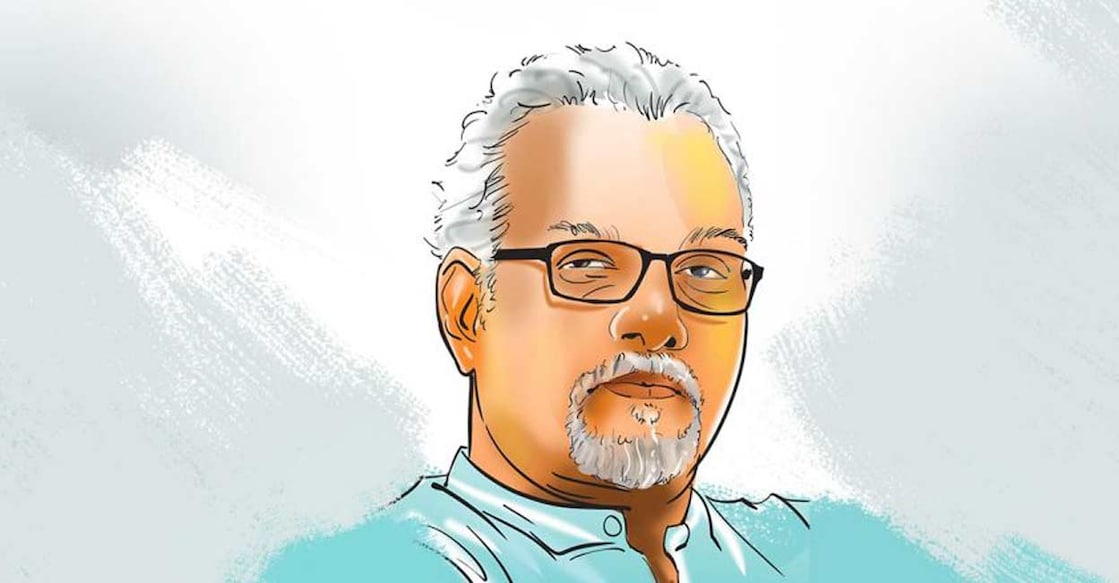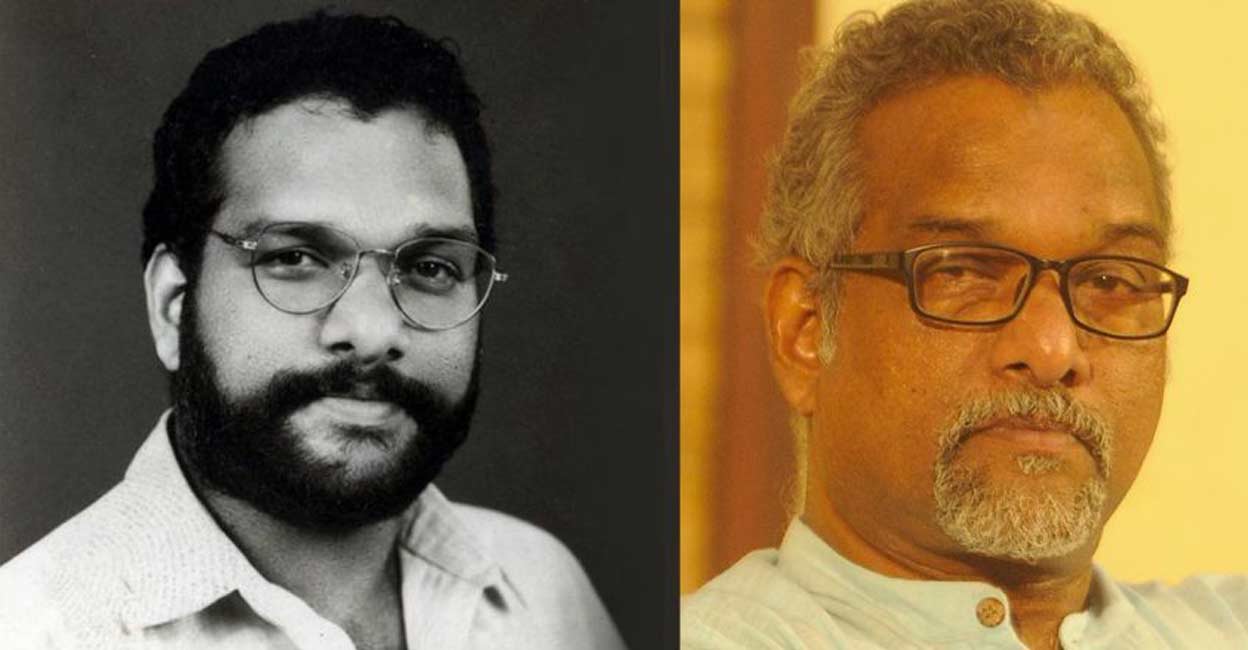An indefatigable warrior and poet: Remembering TP Rajeevan

Mail This Article
“They are even attempting to character-assassinate me. They are alleging that I am a drug trafficker. There are also attempts to ostracise me. But then if not to my village, where should I go? Just as I am nurturing my words, I am nurturing farming here. I have plans to expand my farming next year. When the news about my protests against illegal quarrying came up on social media, a lot of people in the field of film and politics tried to dissuade me. No matter what I will be there to fight for the preservation of my land. And that includes my writing,” this was what TP Rajeevan said with the courage of an indefatigable warrior when the movement was active to demolish Chengodumala and do rock mining in Kottoor, his native village, near the Koyilandy community in Kozhikode.
He never balked from saying what he felt was right. He was unafraid of the repercussions. He stood resolute in his ideals and beliefs. But then unfortunately he succumbed to illness. That too so prematurely. It is heartbreaking to know that Rajeevan who wrote some of the finest novels and poems in Malayalam is no longer there. Any Malayalee who loves writing will attest to that.
TP Rajeevan along with his villagers was always at the forefront to fight for Chengadumala. Kottoor wasn’t just his birthplace alone. It was the land where he grew up and found a platform to live. Rajeevan created the masterpiece called ‘KTN Kottoor: Ezhuthum Jeevithavum’ from that village. All the stories he heard from his childhood as well as from Old timers.
Rajeevan who wrote poems in English and Malayalam catapulted to fame with his first novel—Palerimankyam Oru Pathira Kolapathakam. Paleri was the place right next to Kottoor. His mother’s house was there. He used to shuttle between Paleri and Kottoor as a child. If the first novel was about Paleri, his second was about Kottoor. That was his way of repaying his debt to his village. Someone who hasn’t forgotten his roots.
How many writers have been able to repay their debt to their village this way? That too in the form of two outstanding novels. If the first was centered around a village, history, and broken relationships, the second was an epic that included a wider landscape of freedom struggle.
His third novel was ‘Kriyashesham’, which was the next part of M Sukumaran’s famous work, ‘Sheshakriya.’ He took permission from Sukumaran to develop his character. The child in Sheshakriya is developed into an adult in Kriyashesham. Just like Sukumaran, Rajeevan too had to receive barbs for his work.
'Kriyashesham' talks about the party machinery, that create political martyrs. The novel was ignored by those who dominated the cultural as well as the power sphere and supported and promoted only those who agreed with them. They had earlier tried to snub Paleri and Kottoor. But they remained unsuccessful. There were organized efforts to prevent the novel from being part of any discussions as it directly attacked the revolutionary mouthpieces. But Rajeevan didn’t lose heart. As always, he hid his pain and protest behind a gentle smile. He was hopeful that people who understood his writing can see through it. He had the assurance that those who sell the revolution and gain power will be forgotten. After all, that’s what history taught us. But then Rajeevan had no other option than to pity those who were ignorant about history.

He kept on writing. In two languages. In Malayalam and English with the same fluency. He was at home with prose and poetry. He stood tall among modern poets and novelists. But he never made tall claims. Looks like now time is witness to his greatness. History is witness to some of his finest, evergreen writings.
Some are forgotten even when they are alive. While some are remembered even after death, was something KT Kottor wrote. In his memoirs. He went back to oblivion even when he was alive.
Someone who grew to the stature of a social and cultural figure, poet, and novelist and eventually disappeared, leaving behind a trail of mysteries. For some, he was a poet. Others thought he was in congress. Some branded him a communist. Some called him a terrorist. Some felt he was debauched. Some thought he was moralistic. Some called him a criminal. He just shifted from personality to personality, and was a loner who lived life according to his own terms.

